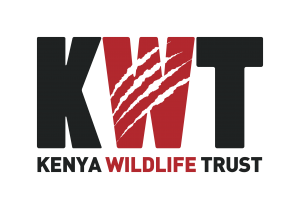KWT recognises that it is imperative to the protection of Kenya’s wildlife that more Kenyans are given the opportunity to attain a good wildlife or conservation based education.
Warning: Trying to access array offset on value of type bool in /home2/kenyaust/public_html/wp-content/plugins/LayerSlider/assets/includes/slider_markup_setup.php on line 74
Conservation Leadership Program
Since 2005, we have been running the Justice Ole Keiwua Scholarship program, offering undergraduate scholarship opportunities, to study wildlife conservation, for young men and women from Greater Mara, Samburu, and Amboseli ecosystems.
This education program is central to our philosophy, that increased skills training for young people in protecting and sustaining their home ecosystems, is an important dimension of harmonizing the often fractious relationship between predators and the people who live with them.
We believe conservation leadership will help to promote livelihood opportunities for young people living in fragile ecosystems and to ensure that the unique knowledge of local people is enhanced by a quality and competitive Higher Education.
The current program is already a success story with a proud track record of over 30 young scholars who have gained access to an education they otherwise could not afford. Many of these scholars have found productive livelihoods related to local wildlife conservation, such as working as tourist guides or in community activism.
Beneficiaries by gender
Number of female beneficiaries
Number of male beneficiaries
Beneficiaries by ecosystems
Amboseli/Tsavo ecosystem
Greater Mara ecosystem
Laikipia/Samburu ecosystem
Transition from the program
Currently employed
Further education
Self Employment


Scholars' Testimonials

Agnes Parmeres
"As a recipient of KWT’s Justice Ole Keiwua scholarship, I am able to expand my knowledge on wildlife and conflicts arising while finding out the various mitigation measures employed to resolve the problem. Furthermore, as a woman in wildlife I am becoming a source of inspiration to the younger generation as I act as a role model to my community. Wildlife conservation should be practiced as the future of wildlife is in our hands. I hope more men and women from Amboseli will take up the role of being conservationists."


Pascal Esekon
"The KWT scholarship brought hope to my life at a time when I had no means of financing my studies. I have acquired lots of useful skills that will enable me to shape my career path. I am currently a community worker leading a project that deals with elimination of an invasive species (Prosopis juliflora) locally known as Mathenge plant in Archer’s area in Samburu that is suppressing the native plant species which act as windbreakers and habitat for wildlife. I am now able to accomplish my dreams while at the same time assist my family financially."





